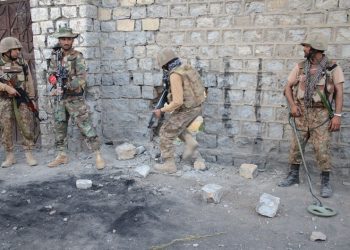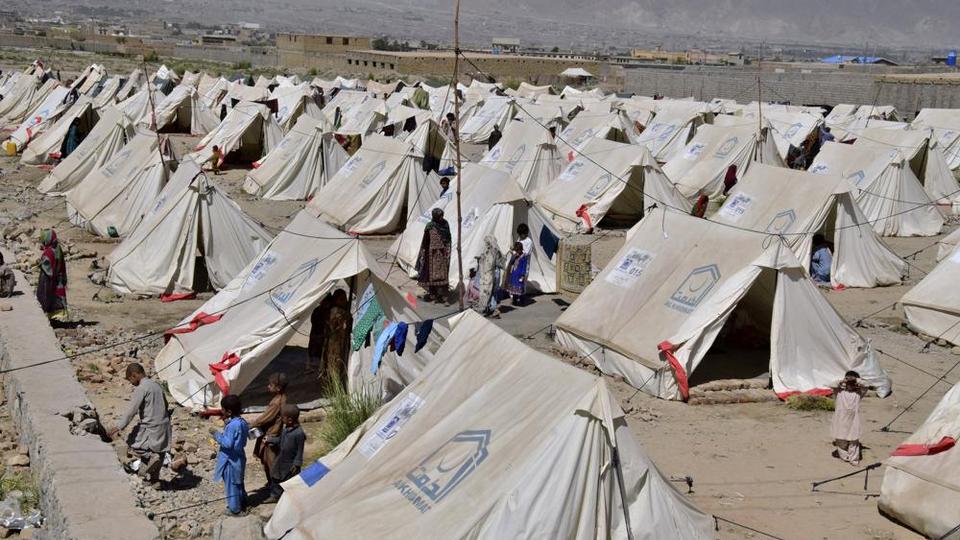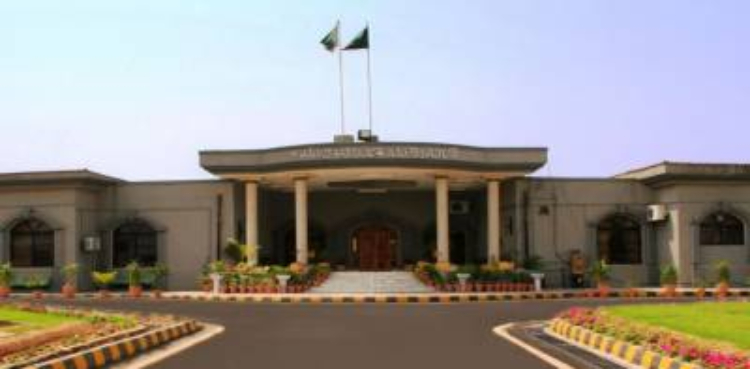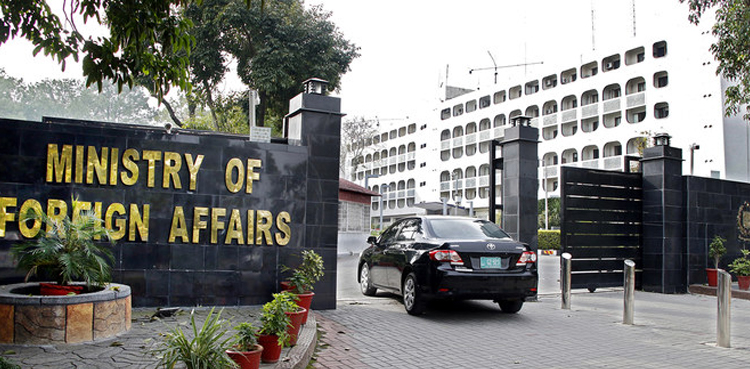Minister of State for Interior of Pakistan Rana Sanaullah Friday stated toxic politics, akin to an infectious virus, found fertile ground within society and spread its detrimental effects.
While addressing a press conference in Islamabad, the minister stressed that ‘politics full of hatred’ permeate various aspects of society, influencing people’s beliefs, attitudes, and behaviors.
“This politics of hatred has been in practice for an entire year,” he stressed, adding that opponents were being subjected to verbal abuse and derogatory nicknames, aimed at cultivating cynicism against them.
He added, this divisive political strategy has been injected into the people of Pakistan, spreading like a virus, with both internal and external facilitation.
As part of this agenda, a plan was formulated to besiege Islamabad on May 25 and seize the capital.
“False narratives of murder were concocted,” added minister.
Rana Sanaullah further said that people were even trained to create petrol bombs. Slamming Pakistan Tehreek-e-Insaf (PTI) chief he said,
“Imran Khan is responsible for this chaos; and will bring suffering upon the nation”.
Referring to unfortunate incidents that unfolded on May 9, Rana said that “He [Imran Khan] even blamed himself and his own party for that”.
The Interior minister revealed that a total of 499 First Information Reports (FIRs) were filed regarding the incidents.
“Out of these, 88 FIRs were registered under the Terrorist Act, while the remaining 411 FIRs were filed for other offenses,” he added.
He further revealed that arrests made under section 80A amounts to 9,946 individuals, with Punjab accounting for 2,588 arrests and Khyber Pakhtunkhwa (KP) accounting for 1,000 detentions.
Moreover, clearing the air regarding the military courts, he categorically denied the rumours that all cases would be tried by military courts and explained that only seven of the 499 cases are being processed.
Furthermore, while addressing the issue of military courts, he refuted the speculations suggesting that all cases would be handled by military courts and clarified that only seven out of the 499 cases are currently under consideration.















































